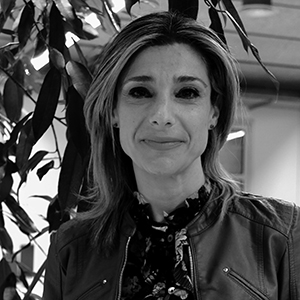As a strategic leader, Alessia Rullo drives product and service strategies, leveraging a strong background in Applied Research, Customer Experience, Service Design, and Communication.
Over the past decade, she has led diverse, globally distributed teams of researchers and creatives. Together, they have brought successful solutions to market across various sectors, including professional production systems, enterprise workflows, customer care and support models, on-demand consumer digital platforms, and healthcare.
In 2022, she joined Roche Diagnostics, where she leads the Customer and User Experience Research function. Her current responsibilities include Customer Experience, Research, and Strategy for Roche Diagnostics at both global and EMEA–LatAm levels.
She is also a frequent invited speaker at international conferences and design venues, including UX for Health (2023), Barcelona Design Week (2023), Service Design Days (Barcelona), IxDA (Munich), Drupal Developers Days (Milan), EIT Innovation Talks (Trento University), CHI (Boston), and DMI Night Out (Hamburg).
By integrating research, design thinking, and lean experimentation, she has contributed to impactful solutions central to HP and Roche’s digital transformation. Her work reflects a commitment to innovation through strategic insights and collaborative exploration.






